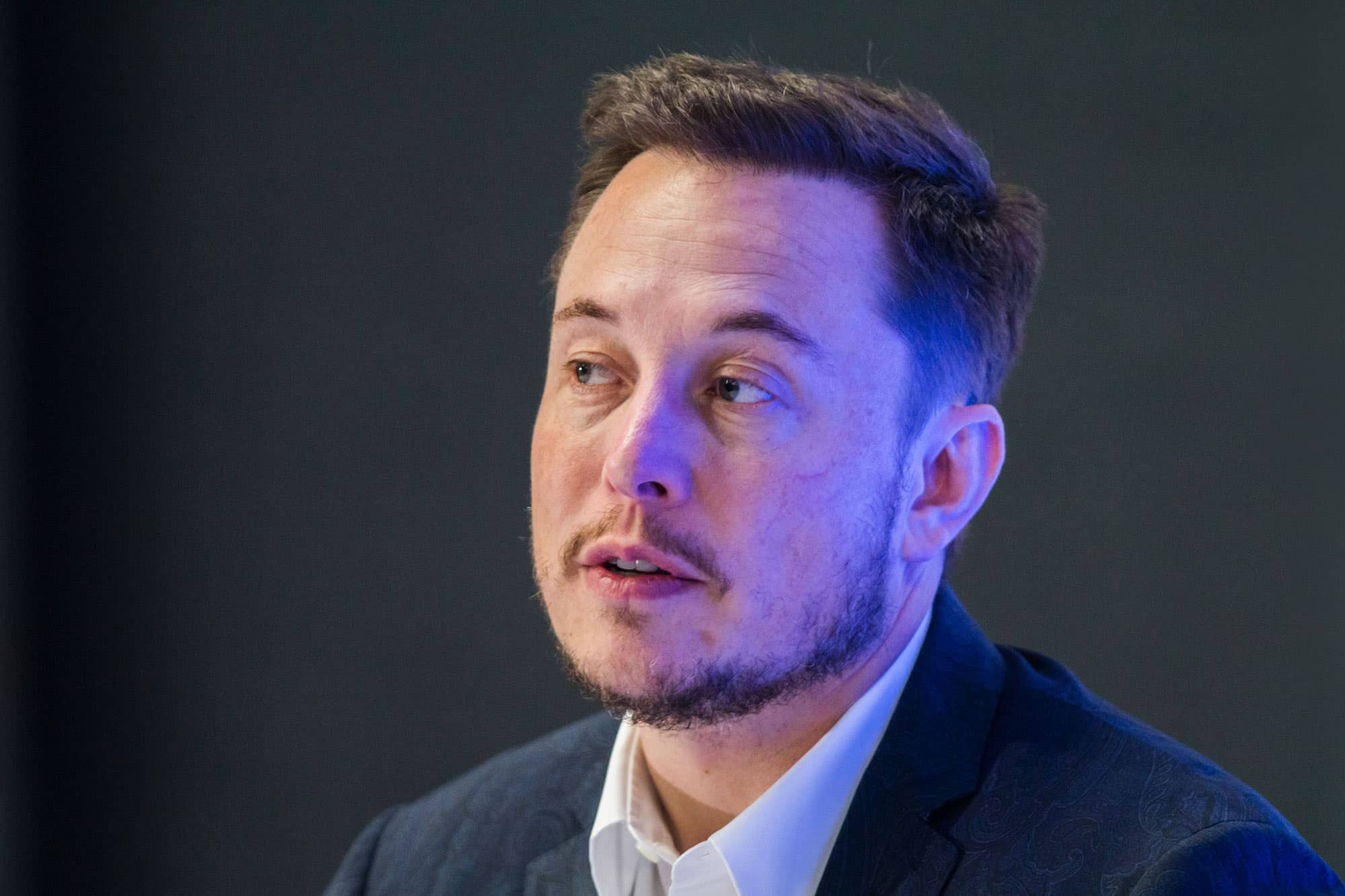The Economic Freedom Fighters (EFF) has vowed to take legal action against the South African government over reports that it plans to offer Elon Musk’s Starlink a special exemption from Black Economic Empowerment (BEE) laws.
The party has condemned the move as unconstitutional, warning that it compromises the country’s sovereignty.
EFF Condemns “Unlawful” Starlink Deal
EFF spokesperson Sinawo Thambo argued that if Musk were genuinely concerned about South Africans, he would advocate for sanctions and disinvestment rather than pushing for Starlink’s entry into the market.
“This decision undermines our laws and economic transformation agenda,” Thambo stated. “If Elon Musk truly cared about the people, he would respect South Africa’s policies instead of seeking preferential treatment.”
Government’s Reported Workaround for Starlink
According to a Bloomberg report, South African officials are set to meet with Musk or his representatives to discuss a last-minute exemption from BEE requirements. The talks are expected to take place during President Cyril Ramaphosa’s delegation visit, aiming to ease tensions with both Musk and former US President Donald Trump.
Sources suggest the government is keen to fast-track Starlink’s operations in South Africa, where high internet costs and connectivity gaps remain major challenges. However, critics argue that bypassing BEE laws sets a dangerous precedent for foreign investors.
Legal and Political Backlash
The EFF insists that any exemption for Starlink would violate South Africa’s constitutional commitment to economic redress. The party has warned of court action if the deal proceeds without adherence to local ownership laws.
As the debate intensifies, the government faces mounting pressure to balance foreign investment with equitable economic policies. The outcome of the proposed Starlink deal could set a significant precedent for future tech investments in South Africa.
True empowerment doesn’t come from gatekeeping, it comes from opening doors
24 April 2025 – 05:00
by

Crédito: Link de origem


